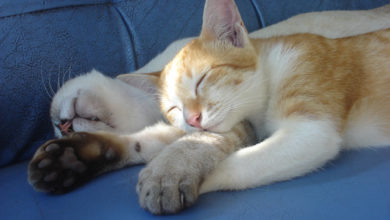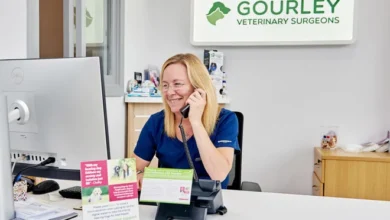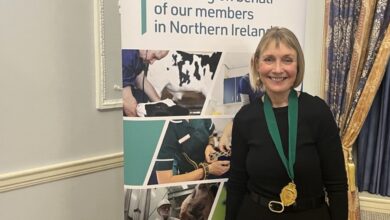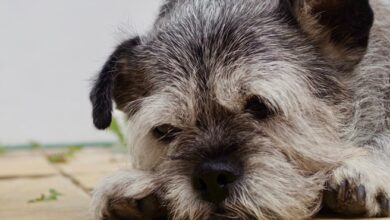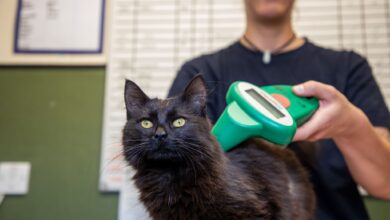Former vet’s register restoration rejected for sixth time

A former Kent-based veterinary surgeon has had his application to be restored on the register rejected by The Disciplinary Committee of the Royal College of Veterinary Surgeons (RCVS) for the sixth time.


